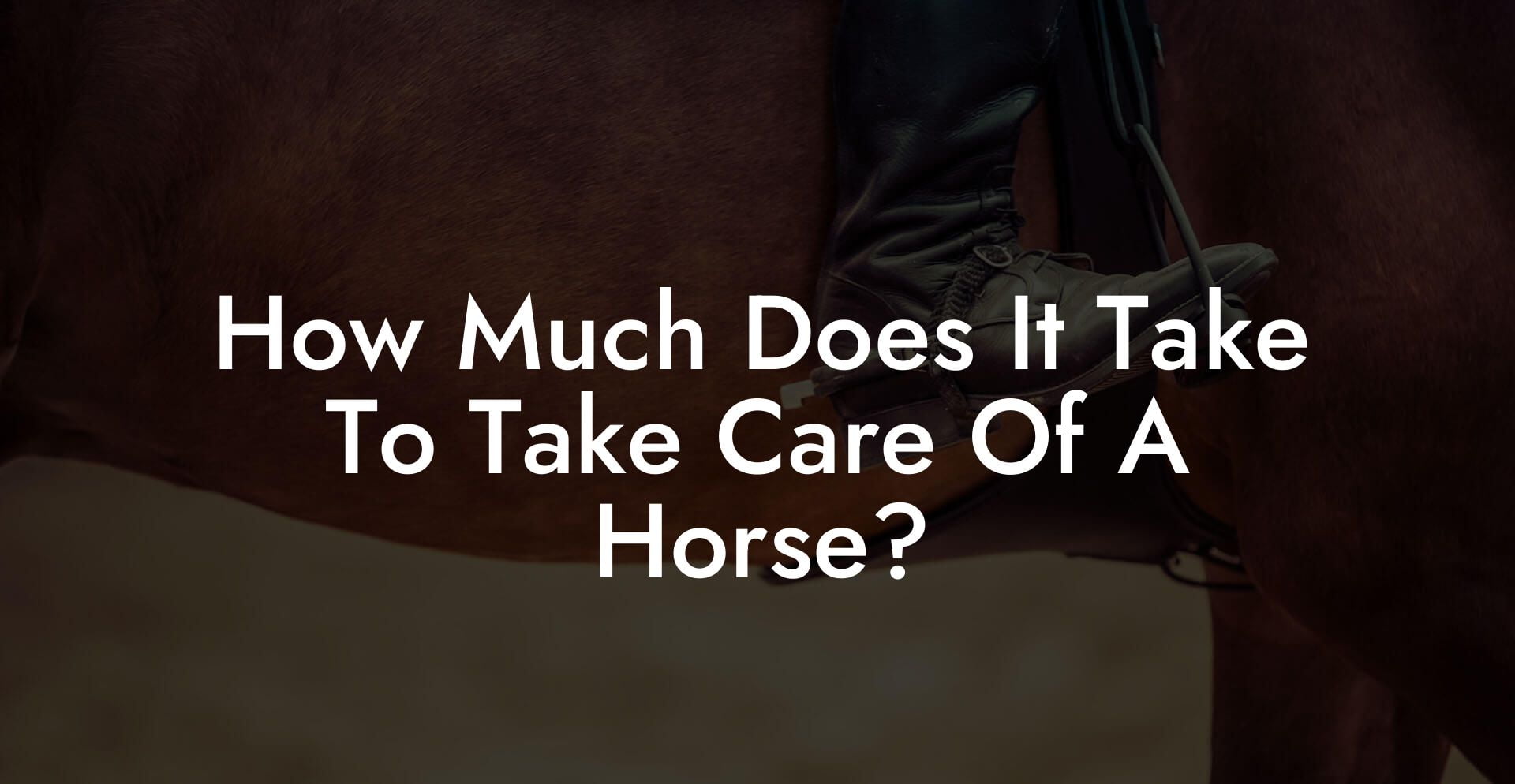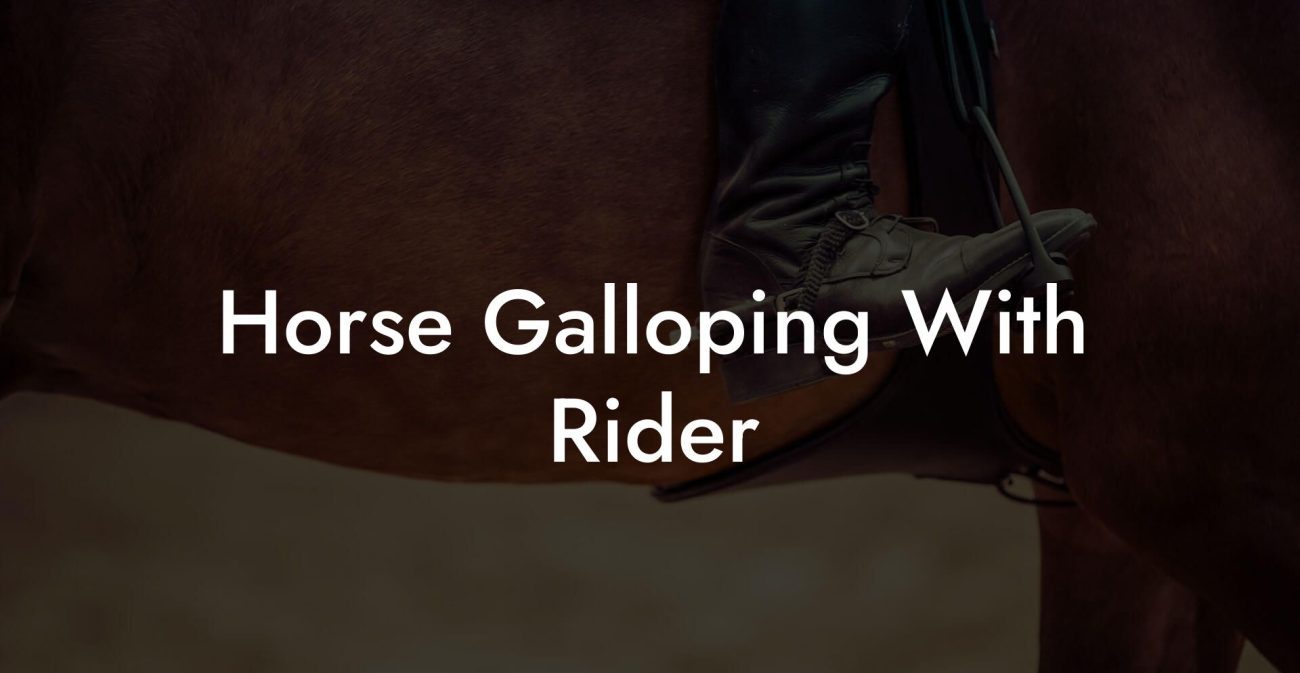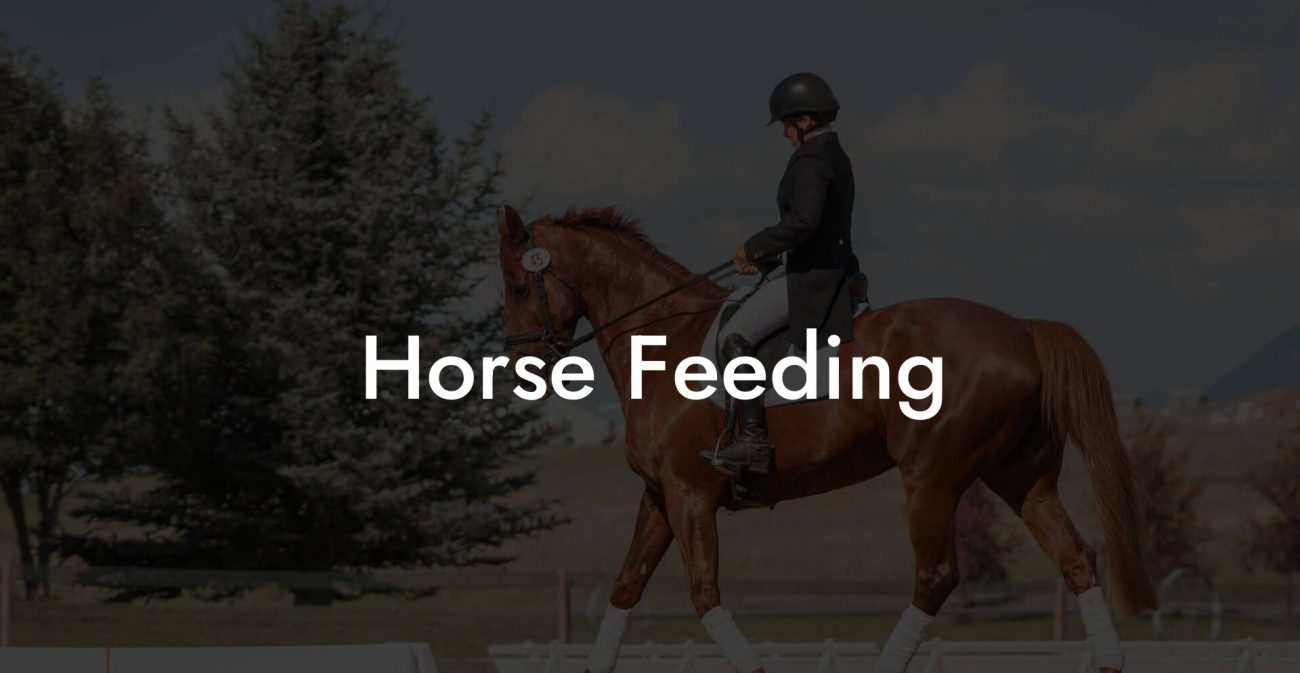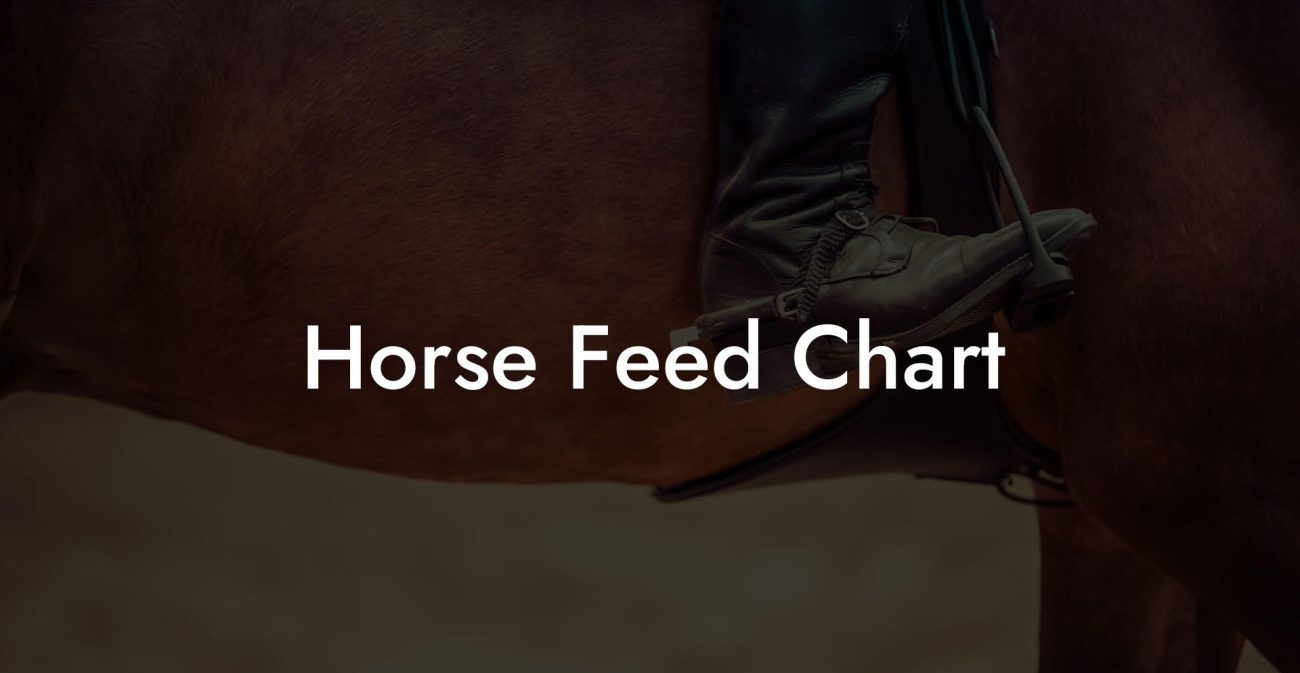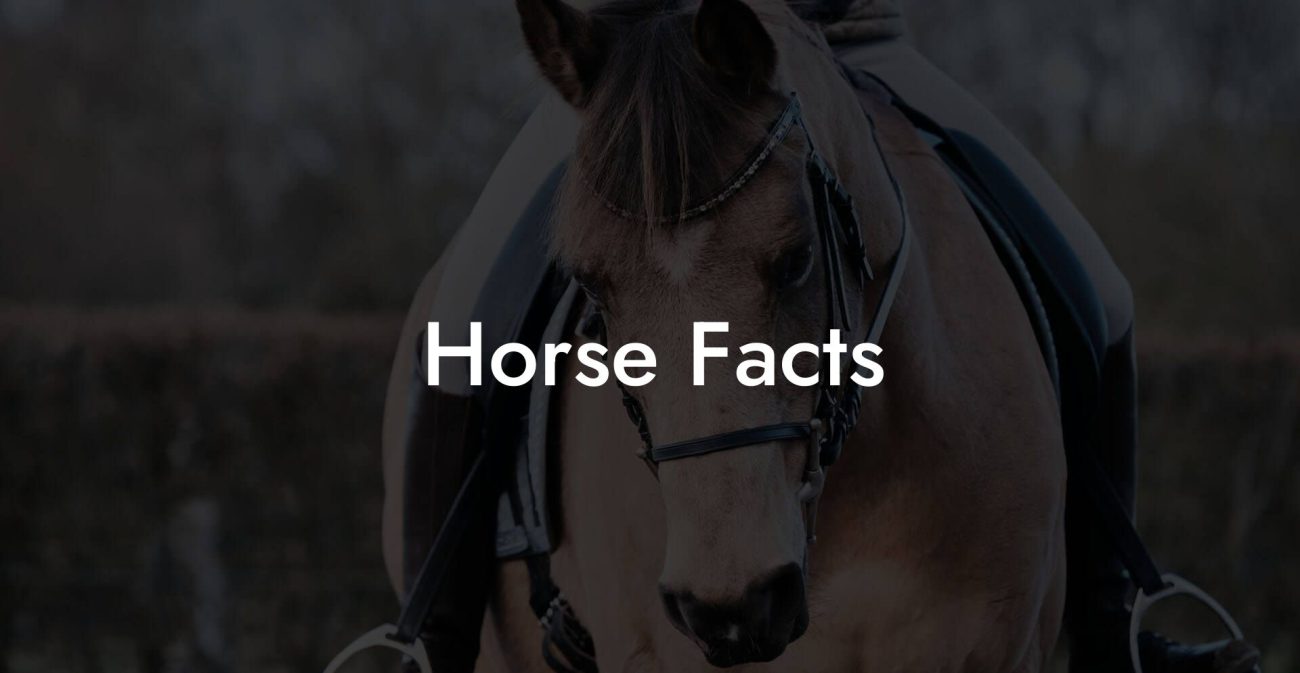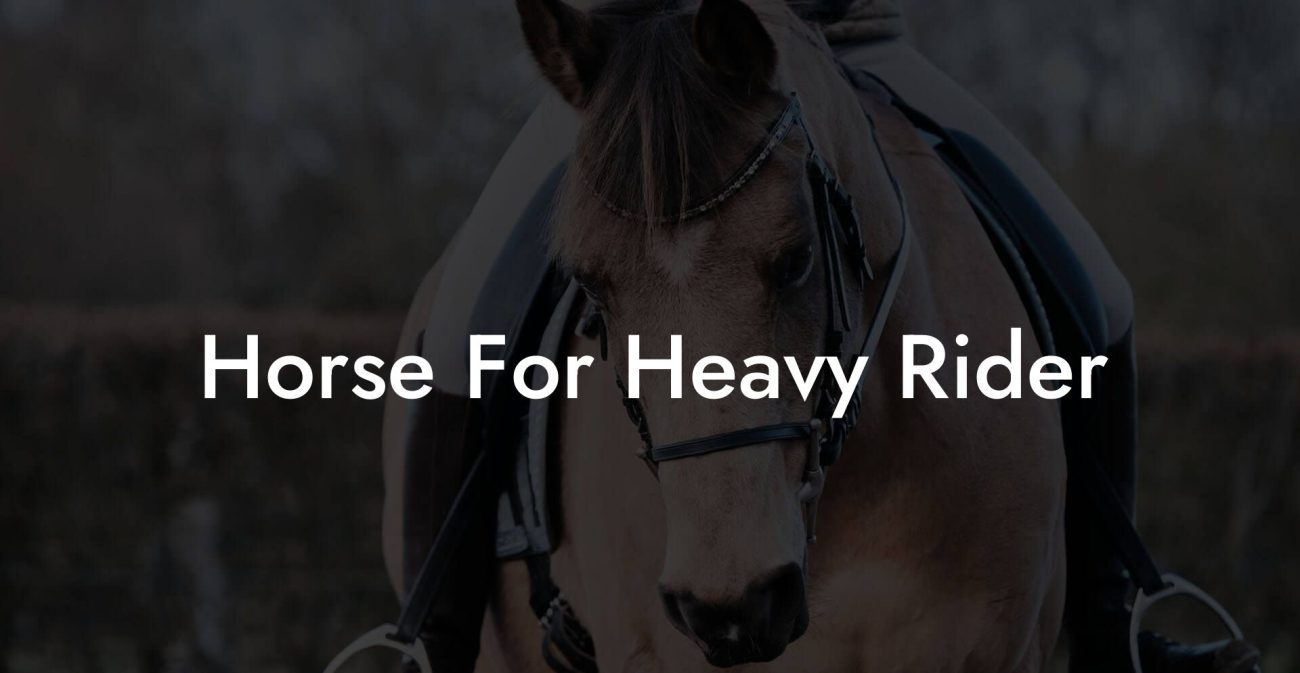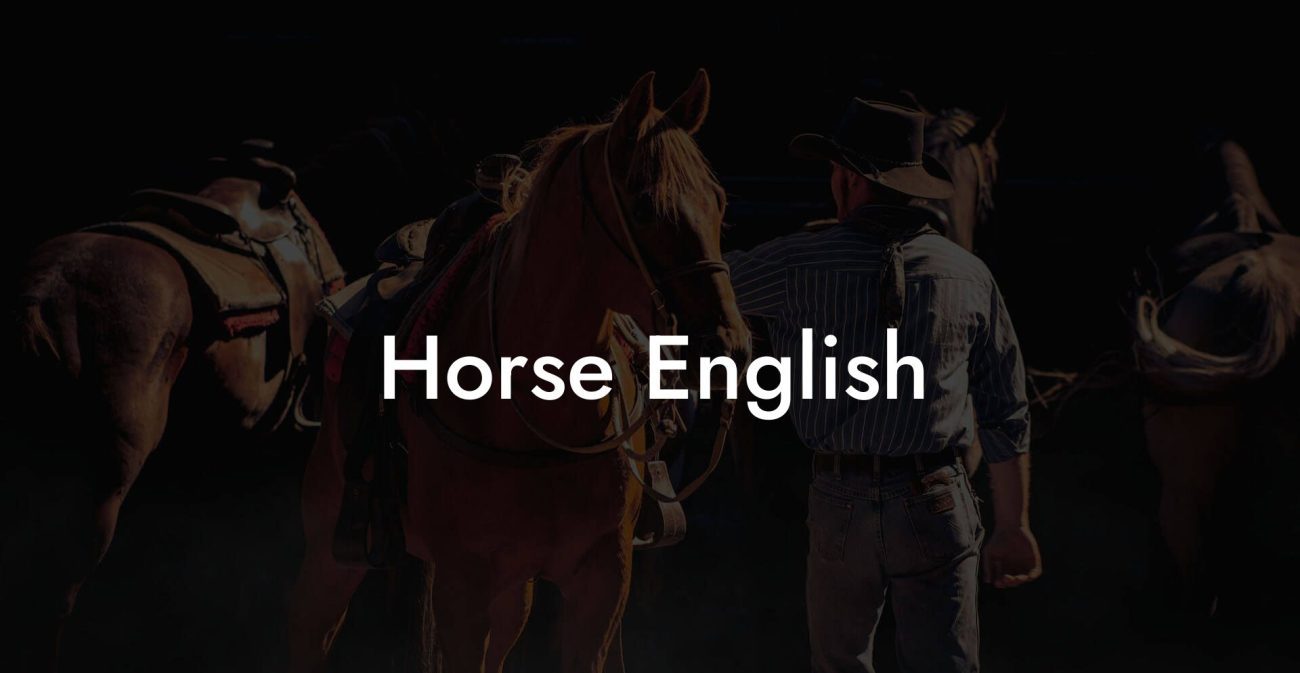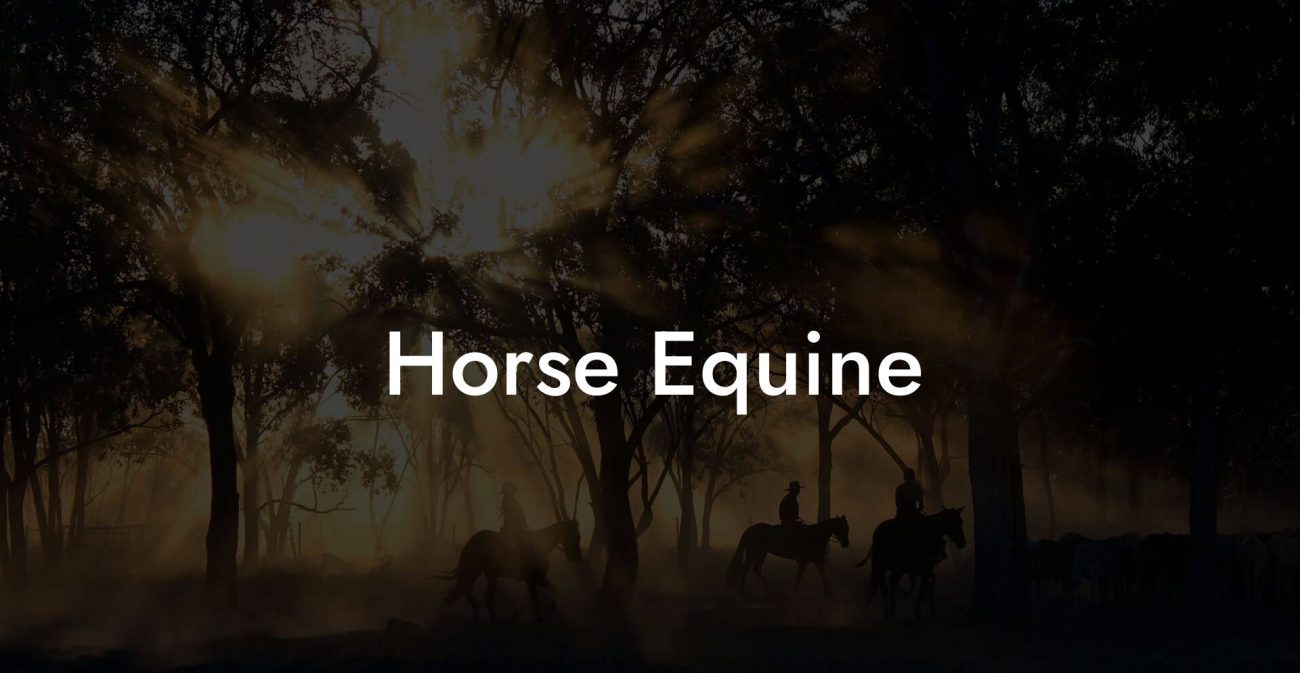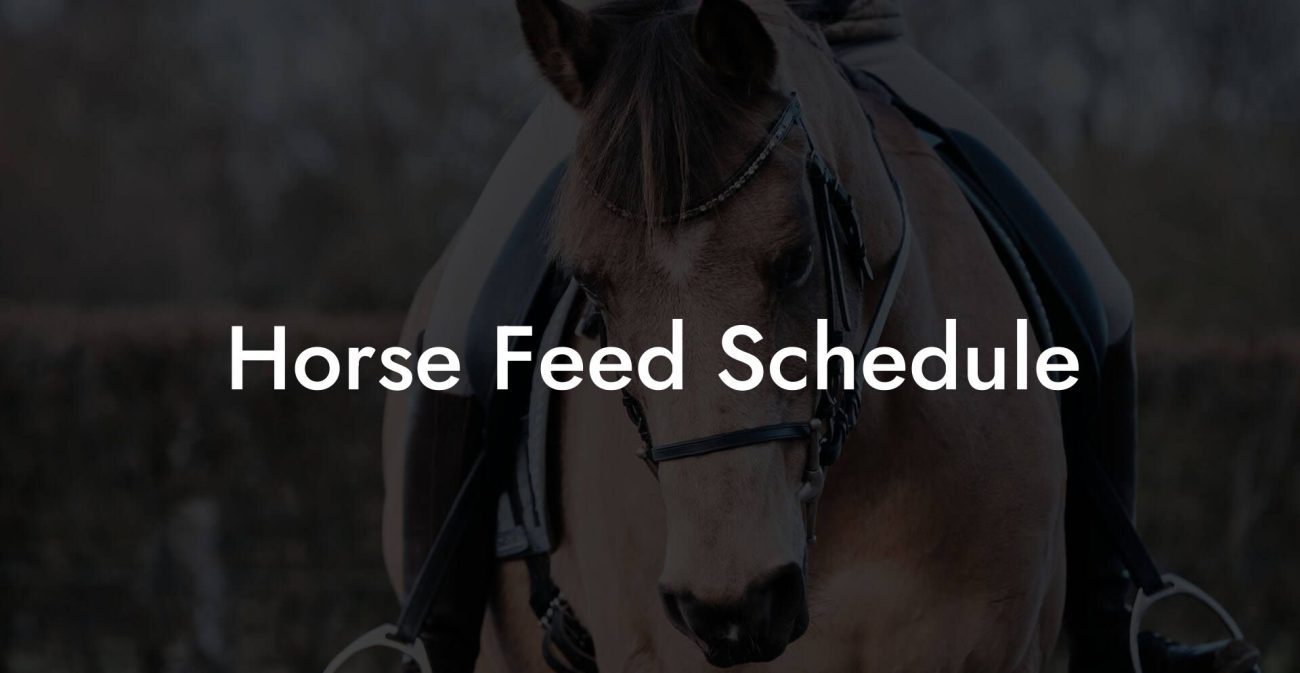Ever wondered what it really takes to care for a horse without breaking the bank, losing your mind, or becoming the next viral TikTok sensation in the process? horse care is not just about throwing some oats in a trough and hoping for the best, it’s a full-blown lifestyle, a serious commitment, and yes, it comes with a price tag that might make you do a double-take. Grab a cup of your favorite ethically sourced coffee and settle in, because we’re about to saddle up for an in-depth ride through the world of horse care costs, daily maintenance, nutrition, grooming, stable management, and everything in between.
Quick Links to Useful Sections
- The True Cost: Unraveling the Price Tag of Horse Care
- Feeding Your Equine Superstar: Nutrition and Feeding Basics
- Grooming and Daily Maintenance: Beauty Routines for Your Best Friend
- Stable Management: The Home Sweet Home for Your Horse
- Veterinary Essentials: Keeping Your Horse Healthy and Happy
- Hoof and Farrier Care: The Foundation of Equine Movement
- training and Exercise: Keeping the Spirit and Body Fit
- Financial Planning: Budgeting for Your Equine Adventure
- Case Studies: Real Stories from the Stable
- Case Study 1: The Budget-Savvy Barn Owner
- Case Study 2: The Passionate Equine Entrepreneur
- Case Study 3: Overcoming Challenges with a Holistic Approach
- Resources and Community Support: Your Next Steps
- Frequently Asked Questions about Horse Care
- Your Journey to Mastering Horse Care
The True Cost: Unraveling the Price Tag of Horse Care
When you first decide, “I’m ready to be a horse owner,” excitement skyrockets faster than a stallion on the run. But behind the Instagram-worthy pictures and heartwarming social media posts lies the nitty-gritty reality: caring for a horse takes both time and money. Gen-Z and millennials alike have a keen eye for budgets, and horse care is no exception.
The total cost of taking care of a horse can be broken down into two main groups: initial expenses and ongoing costs. Initial expenses include the purchase (or adoption) cost of your equine friend, along with saddles, bridles, and other tack essentials. Then come the ongoing costs, which require monthly, quarterly, and even annual budgeting.
Ongoing costs include feed (that magical blend of hay, grains, and sometimes specialty supplements), routine veterinary care, farrier visits for hoof maintenance, insurance, and of course, stable upkeep. Whether you’re planning on boarding your horse or running your own stable, remember that each horse’s care is a living, breathing expense that demands continual attention.
To give you a ballpark estimate: monthly maintenance can range anywhere from a few hundred to over a thousand dollars depending on your location, quality of care, lifestyle preferences, and even unexpected emergencies. And yes, budgeting for a horse means planning for surprises, because horses have a way of reminding you that you’re not just paying for feed, but for a genuine life form with moods, quirks, and occasional bad days.
Feeding Your Equine Superstar: Nutrition and Feeding Basics
Let’s talk about fuel. Just like your favorite avocado toast powers you through long study sessions or your latest TikTok binge, your horse needs the right kind of nutrition to thrive. Feeding isn’t as simple as “gimme some hay” though, it’s both an art and a science.
The backbone of a horse’s diet is high-quality hay, which supplies the roughage needed for good digestive health. Factor in that hay comes in different grades, and sometimes your horse might need even more specialized diets, especially if they’re elite competitors or recovering from an injury. Along with hay, horses often require grains and concentrates for energy, especially if they’re active or in heavy work. Many horse owners now turn to organic and locally sourced feeds, a trend that resonates with the eco-conscious crowd.
Let’s break down some of the keywords here: horse feed cost, hay quality, grain mix, and nutritional balance. Balancing these elements ensures that your horse remains healthy, maintains optimal weight, and stays ready to gallop into those weekend adventures.
And here’s a fun fact, horses are notorious foodies. You might find your horse turning up its nose at an inferior blend or preferring a sprinkle of molasses on their oats. The lesson for us? Sometimes, a little extra investment in quality feed pays off with a happier, more energetic companion.
Grooming and Daily Maintenance: Beauty Routines for Your Best Friend
Imagine if your morning routine involved not just brushing your hair but also grooming a magnificent, four-legged friend whose Instagram potential is off the charts. Grooming is far more than just vanity, it’s essential for your horse’s health, comfort, and overall pride of place in the stable.
Daily grooming routines include brushing, mane and tail care, hoof cleaning, and an occasional bath. Not only does regular grooming help maintain a shiny coat and healthy skin, but it also fosters a stronger bond between you and your horse. It’s like the equine version of a spa day, one that comes with therapeutic benefits for both parties.
In terms of SEO, keep in mind keywords like horse grooming tips, stable grooming routines, and equine care. Incorporating these phrases naturally in blog posts, social media updates, and even in stable chatter can boost your online presence among horse enthusiasts looking for the next cool grooming hack.
And yes, while grooming might seem like hard work at first, many enthusiasts have turned it into a social event, think of it as a glow-up session for your horse and a prime opportunity to share that content on your feed with the #HorseLife hashtag.
Stable Management: The Home Sweet Home for Your Horse
Next up is the “crib”, your horse’s stable. Whether you’re opting for full-service boarding or managing your own property, creating a clean, safe, and comfortable environment for your horse is a top priority.
Stable management can range from daily chores like mucking out stalls and ensuring clean water to larger projects like renovating barns and installing high-tech security systems. Key considerations include proper ventilation, moisture control, and secure fencing. A well-managed stable not only provides a cozy home for your horse but also helps in preventing health issues that might otherwise arise from poor living conditions.
Think of this part in terms of SEO: horse stable care, boarding facilities, and equine housing solutions are all relevant keywords. Detailed blog posts and guides on building a safe and efficient stable can resonate well with anyone looking to understand the intricacies of maintaining a sanctuary for their equine companion.
An environmentally friendly stable is a win-win, too. Not only does it reduce your carbon hoof-print, but it also aligns with the growing trend among millennials and Gen-Z to support sustainable and green practices. So, next time you’re budgeting for stable improvements, consider eco-friendly materials and energy-efficient technologies.
Veterinary Essentials: Keeping Your Horse Healthy and Happy
Let’s get a little serious for a moment. Just like you wouldn’t skip your annual check-up, your horse needs regular visits to the vet. Equine health care is a critical component of horse care and includes routine vaccinations, dental care, deworming, and, sometimes, emergency care.
Veterinary expenses can vary widely based on your horse’s age, breed, and activity level. Routine check-ups might seem like a hassle, but they’re essential for catching potential issues early on. It’s a good idea to find a reputable equine veterinarian who understands both the science and the art of horse care.
From an SEO perspective, keywords such as equine veterinary care, horse health, and equine wellness are indispensable. Creating engaging content around these topics can help other horse enthusiasts navigate the maze of veterinary care options and prioritize preventative maintenance.
And remember, a healthy horse is a happy horse. With regular care, you’re not just maintaining your animal’s physical health, you’re also ensuring that they’re ready for long rides, playful trots, and plenty of admiration on social media.
Hoof and Farrier Care: The Foundation of Equine Movement
Ever seen a horse with perfectly trimmed hooves and thought, “That’s some next-level foot care”? Farrier services are an integral part of horse care. A farrier does more than just trim hooves, they ensure that your horse’s feet are balanced, healthy, and able to support long hours of trotting, cantering, and galloping.
Regular hoof care prevents ailments like laminitis and provides the foundation for a horse’s overall balance and performance. Typically, a horse needs to see a farrier every 6-8 weeks, but this schedule might vary depending on the horse’s workload and the environment.
When planning your budget, think of keywords like farrier services, hoof care cost, and equine hoof maintenance. The expertise of a good farrier might just save you from costly unforeseeable issues down the road.
Plus, there’s a certain satisfaction in knowing that your horse’s hooves are in top shape, ready to hit every trail and arena with the confidence of a runway model strutting its stuff.
training and Exercise: Keeping the Spirit and Body Fit
Horses are not just a pretty face, they’re athletes in their own right. Training and exercise routines are crucial for maintaining not only a horse’s physical health but also their mental sharpness and emotional well-being.
Whether you’re a competitive rider or a weekend trail enthusiast, incorporating regular exercise into your horse’s schedule is a must. This includes turnout time in safe pastures, arena work, and even specialized training sessions tailored to your horse’s unique abilities and temperament.
For riders, keywords like horse training tips, equine exercise routines, and riding techniques are gold. Engaging content on these topics not only boosts your SEO but also garners attention from a community eager to share the latest trends in training regimens and fitness hacks for horses.
Beyond the physical benefits, regular exercise plays a role in your horse’s mental health too. A well-exercised horse is less likely to develop boredom-induced behaviors, like chewing on the barn walls or staging dramatic attempts to escape. Instead, a balanced exercise regime channels that natural energy into healthy, productive movement.
Financial Planning: Budgeting for Your Equine Adventure
Owning a horse is a rewarding adventure, but it’s also a serious financial commitment that demands careful planning and budgeting. From the initial purchase fee to those recurring monthly expenses, knowing what to expect financially can turn a potential nightmare into a manageable journey.
Start by mapping out all of your potential expenses, including feed, veterinary care, grooming, training, and stable maintenance. It can be helpful to create a detailed spreadsheet that tracks both fixed and variable monthly costs. Additionally, consider setting aside an emergency fund for unexpected expenses like emergency veterinary interventions or last-minute farrier visits.
Keywords to remember here include horse care costs, budgeting for horse ownership, and managing equine expenses. By clearly understanding your financial commitments, you’ll not only be better prepared, instead of panicking as soon as the first bill comes in, but you’ll also have a handy resource to share with prospective horse owners in your online community.
Many online communities and forums are buzzing with discussions on how to save money without sacrificing your horse’s quality of life, making financial planning an essential part of equine care content for Gen-Z and millennials alike.
Case Studies: Real Stories from the Stable
Theory is all well and good, but real-life experiences are where the magic happens. Let’s dive into a few case studies that illustrate just what it means to manage the multifaceted world of horse care.
Case Study 1: The Budget-Savvy Barn Owner
Meet Jamie, a resourceful millennial who managed to transform a modest budget into a thriving equine sanctuary. With a keen eye on budgeting and eco-friendly practices, Jamie opted to build a sustainable stable complete with recycled materials and energy-efficient lighting. By joining local equine communities, sharing tips on feed shopping, and using online discount platforms for animal care supplies, Jamie managed to reduce monthly maintenance costs by nearly 20% while still providing top-tier care.
Jamie’s journey is a testament to the idea that smart planning and community support can make horse ownership an achievable dream, even on a modest budget.
Case Study 2: The Passionate Equine Entrepreneur
Then there’s Alex, a Gen-Z entrepreneur whose love for horses led to the creation of an online platform dedicated to equine care hacks and cost-saving strategies. By leveraging social media, informative blog posts, and video tutorials, Alex not only managed to share valuable insights on nutrition, stable management, and training but also built a dedicated following. Alex’s platform emphasizes open-source knowledge sharing, from DIY stable upgrades to inventive farrier hacks, making high-quality horse care accessible to everyone.
Alex demonstrates how blending passion with entrepreneurship and digital savviness can generate innovative solutions that benefit both the horse and its owner.
Case Study 3: Overcoming Challenges with a Holistic Approach
Finally, consider the story of Riley, a dedicated horse owner whose beloved companion faced several health challenges early on. Through rigorous veterinary care, a specialized diet rich in natural supplements, and an individualized exercise program, Riley turned a potential tragedy into a triumph. By integrating holistic therapies such as equine acupuncture and therapeutic massage, Riley not only improved the horse’s quality of life but also established a comprehensive care routine that became a model for others facing similar issues.
These case studies underscore a powerful message: with careful planning, community engagement, and a willingness to explore innovative solutions, horse care can be both fulfilling and financially manageable.
Resources and Community Support: Your Next Steps
The world of horse care is as expansive as it is exciting, and you don’t have to venture into it alone. From online communities to local equine associations, there is a wealth of resources available to help you navigate the challenges and triumphs of horse ownership.
Consider joining online forums, social media groups, and even attending webinars or local events. These communities are buzzing with experienced horse owners and professionals who are more than willing to share their know-how: from budgeting tips to the latest trends in eco-friendly stable design. The more you connect, the more empowered you’ll feel to take charge of your horse care journey.
Furthermore, numerous blogs, eBooks, and video channels offer step-by-step guides on everything from nutritional planning to mastering farrier basics. Use keywords like equine community support, horse care resources, and online equine forums when searching for these digital treasures.
Taking these next steps not only enriches your knowledge but also builds the support network required for a long and successful relationship with your four-legged friend. In a world where information is just a click away, dive in and explore every resource that can help transform horse care from a daunting expense into a rewarding, sustainable lifestyle.
Frequently Asked Questions about Horse Care
We've compiled some of the most common questions that new and prospective horse owners ask about caring for their majestic companions. Dive in to gain clarity on expenses, daily routines, and everything in between.
1. How much does horse care typically cost per month?
Monthly expenses for horse care can vary widely depending on factors like feed quality, boarding or stable management arrangements, veterinary care, and farrier services. On average, you might expect to spend anywhere from $300 to $1,500 per month, with the possibility of higher costs if emergencies arise.
2. What are the most significant initial costs when purchasing a horse?
Initial costs include the purchase or adoption fee, tack and equipment (saddles, bridles, grooming kits), and sometimes veterinary examinations and vaccinations. Proper initial planning and budgeting can help ease the financial load when welcoming a new horse.
3. How important is quality nutrition for my horse?
Nutrition is critical. A horse’s diet, primarily composed of high-quality hay, grains, and essential supplements, directly affects its health, energy, and performance. Investing in quality feed can lead to fewer health issues and better overall well-being.
4. How frequently should a horse visit the farrier?
Most horses need to see a farrier every 6 to 8 weeks for regular hoof trimming and maintenance, although the exact frequency may vary based on the horse’s activity level and hoof growth rate.
5. What role does stable management play in overall horse health?
Stable management is crucial. A clean, well-ventilated, and safe environment not only keeps your horse comfortable but also significantly reduces the risk of illnesses and infections, contributing to long-term health.
6. Can I reduce costs without compromising quality care?
Yes, using budget-friendly, sustainable practices, joining community support groups, and being proactive about preventative health measures can help you manage expenses while still providing first-rate care.
7. What steps should I take if I’m new to horse ownership?
Start with thorough research, consult with experienced horse owners and veterinarians, join online equine communities, and create a detailed budget. Knowledge and support are key to a successful start in horse ownership.
8. Where can I find more information on sustainable and eco-friendly horse care?
There are numerous blogs, online forums, and local equine organizations dedicated to sustainable horse care. Keywords like “eco-friendly stable design” and “sustainable equine care” can help you find the resources you need.
Your Journey to Mastering Horse Care
Caring for a horse is as rewarding as it is challenging. From the moment you first lay eyes on that soulful gaze, you know that every dollar spent, every minute invested, and every lesson learned contributes to a magnificent partnership that transcends the everyday. Whether you’re managing finances, mastering nutrition, or simply sharing laughs during grooming sessions, your journey is uniquely your own.
Embrace the learning curve with humor and creativity. Every challenge, be it a stubborn horse refusing its carrots or an unexpected vet bill, adds a new chapter to your epic horse-care saga. The care, cost, and commitment required are all part of a story that’s worth telling, a story of passion, perseverance, and connection.
So gear up, do your homework, connect with fellow horse enthusiasts, and get ready to experience all the highs and lows of horse care. In the end, the joy of bonding with your equine friend, witnessing its graceful gallop, and sharing those viral social media moments is something that no budget or checklist can capture entirely, but it certainly makes it all worthwhile.
Your voyage into the sophisticated, sometimes chaotic, but always fascinating world of horse care starts right here. Take a deep breath, saddle up, and remember: every great journey begins with a single step, or in this case, a simple pail of oats.

